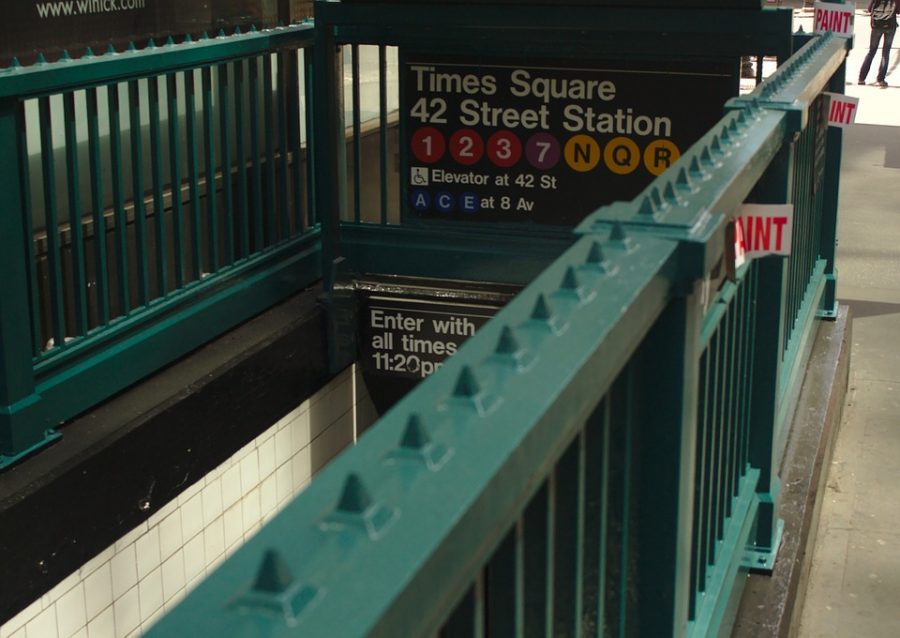The subway has been a stomping ground for sexual predators, and in response, the New York City Council is enforcing a bill that would give lifetime bans to these offenders. “While banning these repeat offenders is a smart idea, the fact of the matter is that if these crimes were appropriately punished, these people would not be on our trains to begin with,” New York State Sen. Diane Savino said in a statement.
Taking repeat offenders off the streets is the ultimate goal while combating the long-standing issue — subway station sexual assault. To root out sexual offenders in the Metropolitan Transportation Authority, harsher measures and public voices are needed.
Many of the perpetrators prey on women and children and often receive a reduced sentence, ensuring that the matter is quickly tossed aside. One prominent example is the case of People v. Mack, outlined in Savino’s report on sexual offenders titled “Perverted Justice.” Jason Mack was charged with first-degree sexual abuse, which is “punishable up to seven years imprisonment,” Savino stated.
However, as Mack succeeded in insisting that he did not use force, the Court of Appeals reduced the count of first-degree sexual abuse to that of a lower degree, which is punishable up to just a couple of months.
Over the past few years, with no proper sanctions against sex offenders, the problem has festered badly. Despite the increased number of police officers patrolling, police officers can arrest sexual offenders only when they witness the crime or when they are informed by the victim or a
witness of the incident.
The stagnant sexual crime reports show inefficiency of the existing laws. Mack, who committed the sex crime against a teenage girl, was released after three months in prison. This is where repeat crime gets underway.
When riders feel constantly unsafe in public spaces, the City Council should consider taking a new approach by strengthening the state’s laws and planning harsher measures against the perpetrators. “Gov. Andrew M. Cuomo and Mayor Bill de Blasio endorsed the idea of dealing more forcefully with sexual predators, though they stopped short of embracing a lifetime ban,” The New York Times reported.
True to their claim, sexual offenders, if not punished with increased penalties, will bring this conflict on the streets and find other ways to commit sexual offenses, which means the subway is not the only platform available for these heinous acts.
Another way to fight back is to increase public awareness and provide a space for victims to open up about their experiences with subway perverts. The MTA has created a separate section on its website named “Report an Incident of Sexual Misconduct” in an effort to prosecute sex offenders in the transportation system.
The number of subway sex crimes could be reduced with the people willing to root out sex crimes that have hurt a number of victims for decades.
It’s time to take a new stance on justice.






